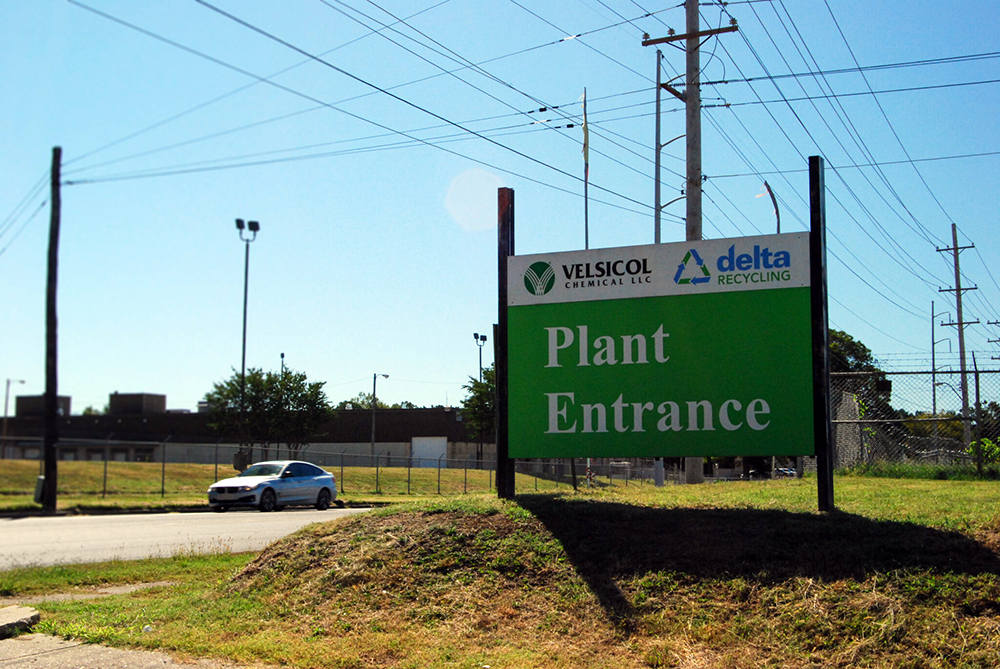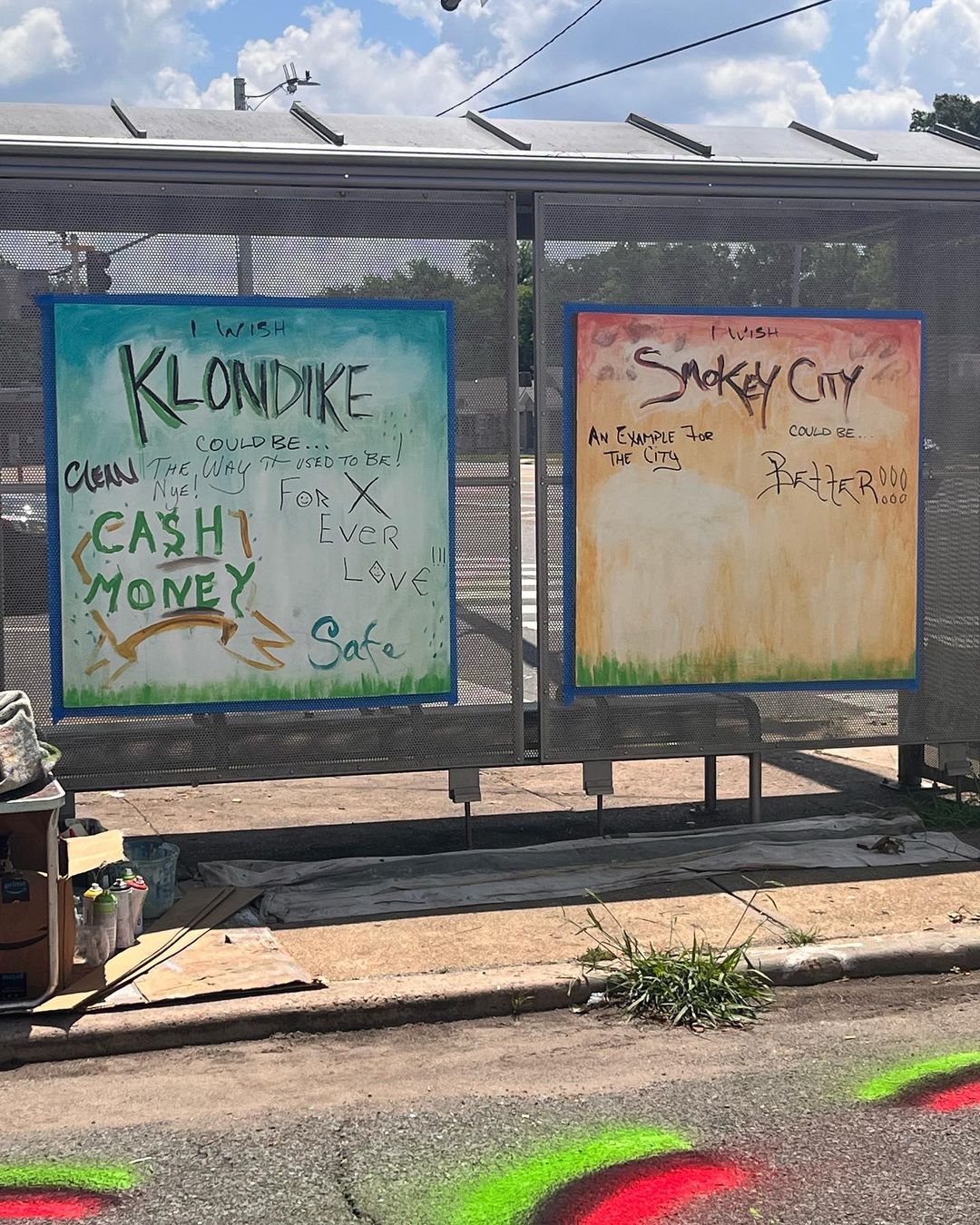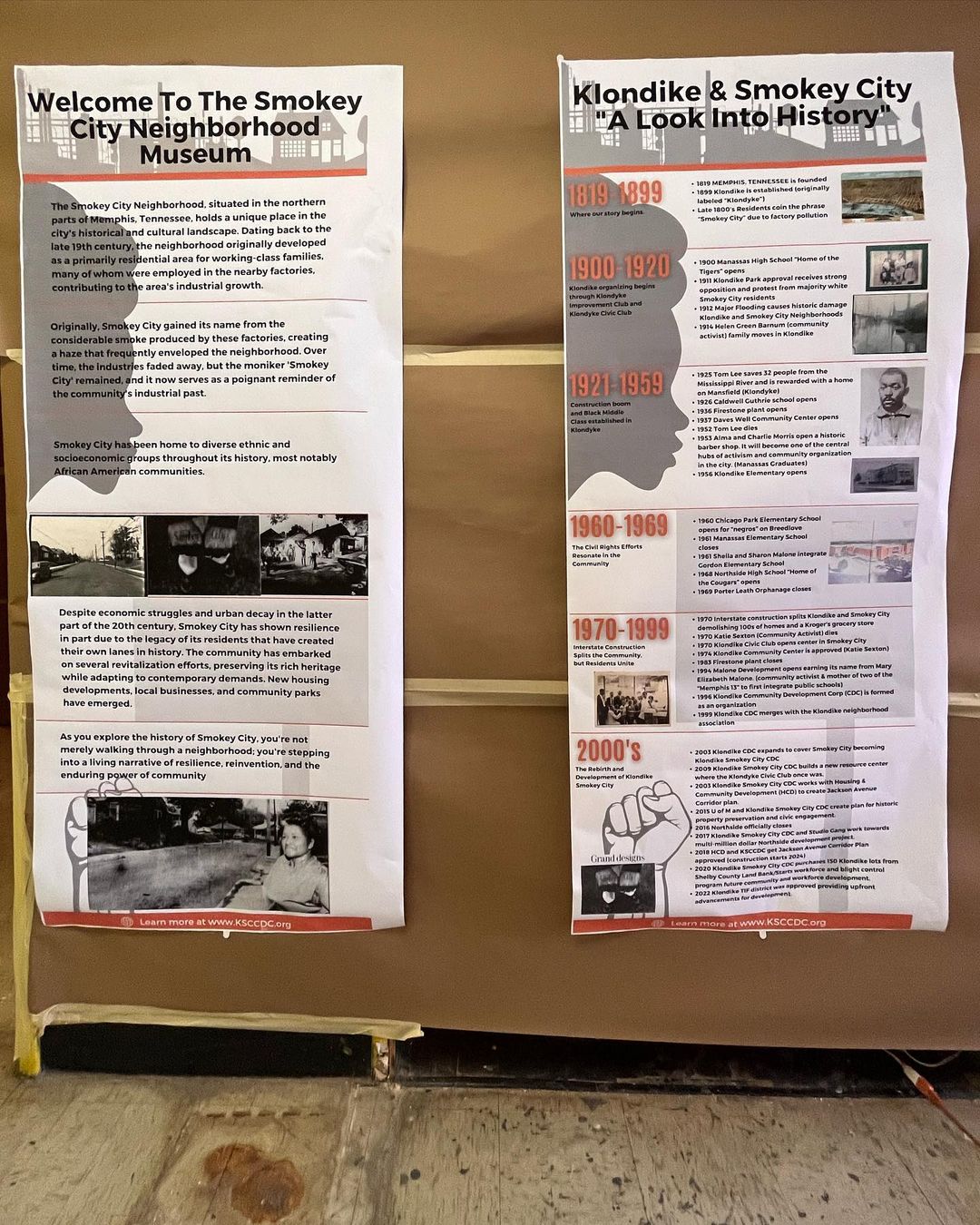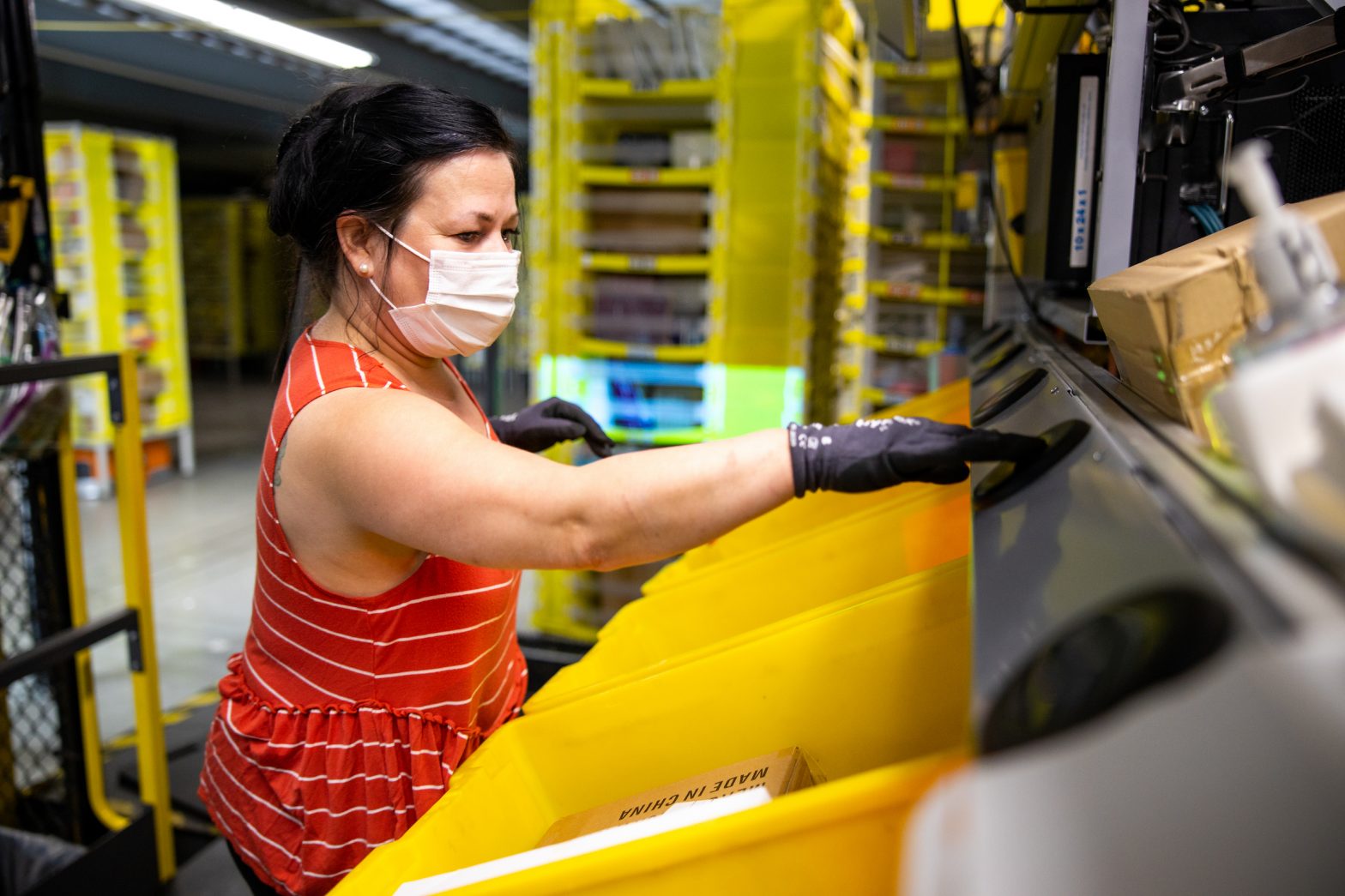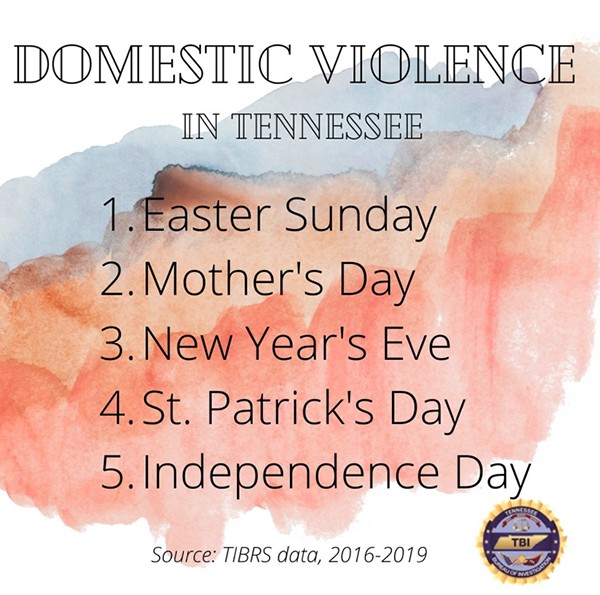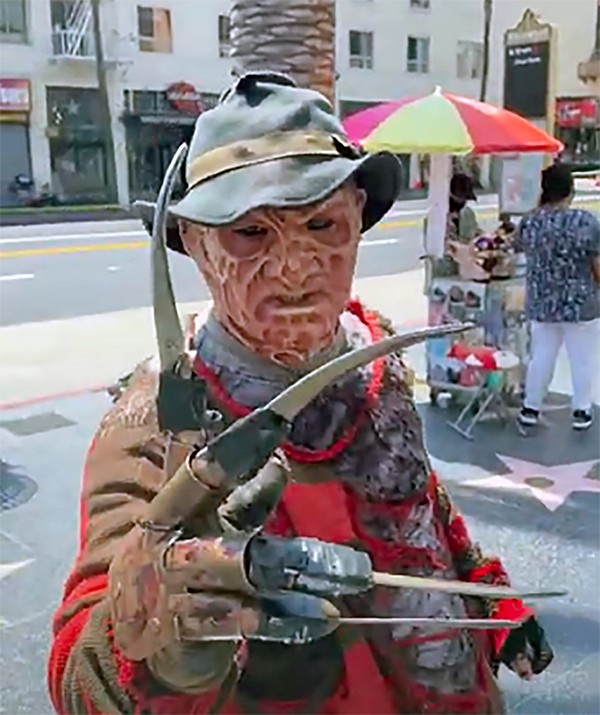Velsicol, a legacy polluter that manufactured pesticides, is proposing to hand over its 83-acre defunct facility in North Memphis to Tennessee as an environmental response trust. Should the Tennessee Department of Environment and Conservation (TDEC) accept a settlement agreement from the company, the state will be left to determine what to do with wide-ranging contamination including a baseball diamond-shaped pile of hazardous waste and a fluctuating groundwater plume of chemicals beneath it.
The proposal comes after the company faced questions this fall from environmental regulators and bankruptcy attorneys about inappropriate management and potentially fraudulent activity.
These new allegations shocked environmental justice advocates and residents in the historically Black community neighboring Velsicol. They have long expressed frustration over the company’s slow efforts to clean up, now more than 20 years in the making.
The North Memphis plant’s closure in 2012 was already a staggering delay compared to the nationwide action prompted by Rachel Carson’s 1962 book Silent Spring, which exposed reckless pesticide production and application. As environmental policy changed and Velsicol plants shut down nationally in response, the Memphis facility continued creating these chemicals from a bygone era through the turn of the 21st century.
But even without a plant, the company has continued brokering chemicals in Memphis under the Resource Conservation and Recovery Act (RCRA), a federal law designed to protect human health and the environment from hazardous waste disposal. Over the last few months, Velsicol has been undergoing its once-in-a-decade renewal process for its RCRA permit.
In September, the TDEC sent a “Notice of Deficiency” to the company that their RCRA application was incomplete, followed by 36 pages outlining missing data and unsatisfactory plans for soil contamination across its property. Now, Velsicol is proposing that it pay a $3 million settlement to TDEC over five years in exchange for a release of their permit obligations. TDEC estimates the company is still responsible for between $137 and $143 million in cleanup costs, according to claims it has filed as part of Velsicol’s Chapter 11 bankruptcy case. Velsicol did not respond to the Lookout’s request to comment, and TDEC declined citing pending litigation.
Velsicol disputes TDEC’s and other claims brought forth in its bankruptcy case, in which nearly 600 organizations allege that Velsicol owes them money. Among them is the District of Columbia, whose Office of the Attorney General sued Velsicol in 2022 for contaminating local waterways and wants them to be held financially responsible.
The District of Columbia’s legal counsel filed a motion to investigate Velsicol’s financial condition in October. They presented evidence that company leadership received $10.6 million in salaries, expense reimbursements, bonuses, and consulting fees from 2012 to 2023.
“Investigation is needed to review the excessive transfers made to the shareholders over the past five years,” the counsel wrote in the motion, signed by attorney Kevin Morse. “In addition to potential fraudulent transfers prior to the bankruptcy, the District is very concerned about the viability of [Velsicol] moving forward.”
Paying for contamination
Moving forward, Velsicol as a company will no longer be in Memphis, should things go according to its plan of reorganization as filed in bankruptcy court this November. But its toxic legacy will be long felt.
It’s still deep in the Wolf River, where fish absorb chlordane as they swim through waters contaminated with the chemical, which doesn’t break down easily. If people eat these tainted fish they could experience tremors, convulsions, or even death. Velsicol produced chlordane — a by-product of a WWII nerve gas used by the Army — for commercial use starting in 1945. Although the Environmental Protection Agency (EPA) banned its use in the 1980s, the Memphis plant continued to manufacture it as the sole producer in the U.S. through the 1990s for international export.
By the time the EPA banned it, more than 30 million homes and commercial buildings had been treated with chlordane, with the chemical washing into streams and rivers throughout the country like in Memphis and Washington, D.C., as detailed in the District of Columbia’s first complaint against the company. The District anticipates spending over $35 million to address contamination throughout the city.
